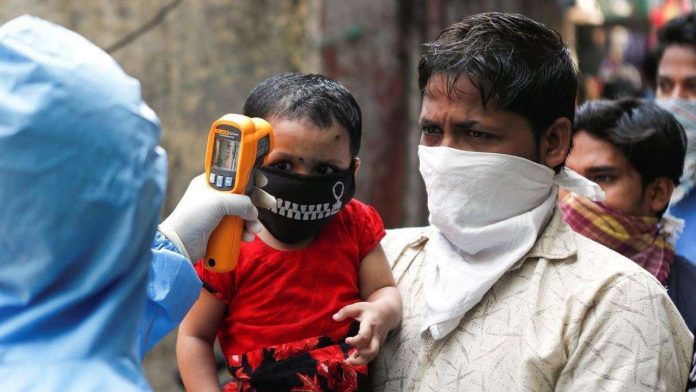The deadly Nipah virus has come as another thorn in Kerala as the state is reeling under a daily increase of nearly 30,000 cases of COVID-19, prompting the state to further heighten the alertness of its health machinery to prevent an outbreak of a different infection. A 12-year-old boy succumbed to the Nipah virus in Kerala’s Kozhikode district on Sunday, the third time in four years that the state has been hit by the zoonotic infection that has a very high fatality rate.
The Central Government has rushed a team of National Centre for Disease Control (NCDC) to Kerala, and they reached on Sunday to provide technical support to the State where the case of Nipah has been detected. Addressing the media after the high-level meeting convened on Sunday following the death of a 12-year-old boy due to the infection, the Health Minister Veena George assured that the state has taken precautionary measures to contain the virus spread and treat any potential patients. She said that the state has sufficient stock of medicines to treat any potential Nipah virus patients, as the infection resurfaced in the state after three years. The minister said more medicines will be brought to the state by the Indian Council of Medical Research (ICMR). A dedicated call centre has been opened for Nipah-related assistance and enquiries. The numbers are 0495 238 2500, 0495 238 2800. A control room has also been opened at the Government Guest House in Kozhikode. The state government has asked the Central Government and the National Institute of Virology in Pune to set up a testing centre in Kozhikode. They have approved for conducting Point-of-Care testing at the Medical College. Those found positive in the final test will be subject to a confirmatory test. NIV has said that they will give the results within 12 hours.
There was less cause for concern at present as the state has already dealt with the Nipah virus twice in the past — when it reared its head in 2018 and 2019 — and the risk of transmission would be less this time round as protective measures, like wearing of masks and PPE kits, are already in place.






















